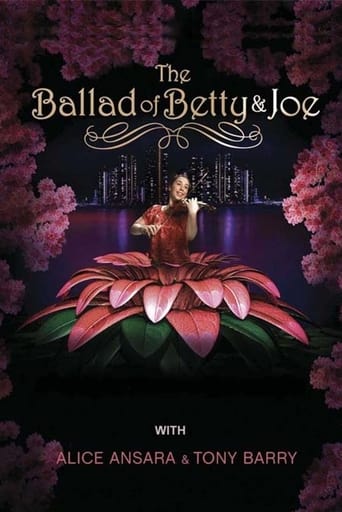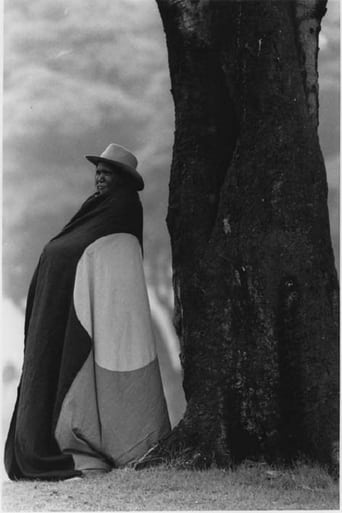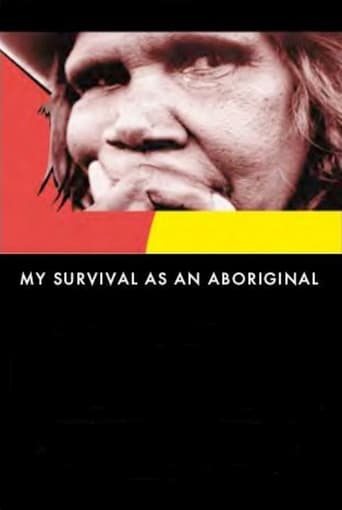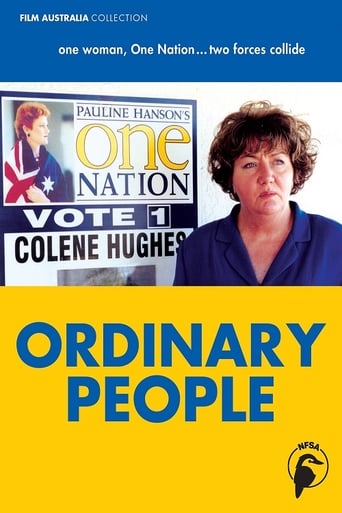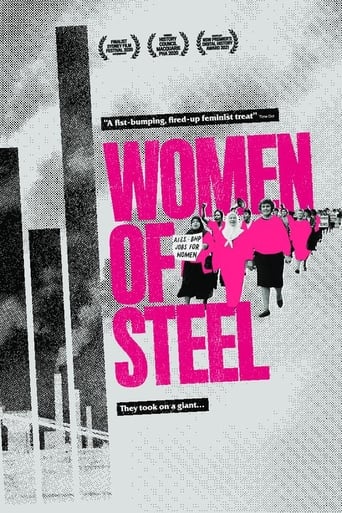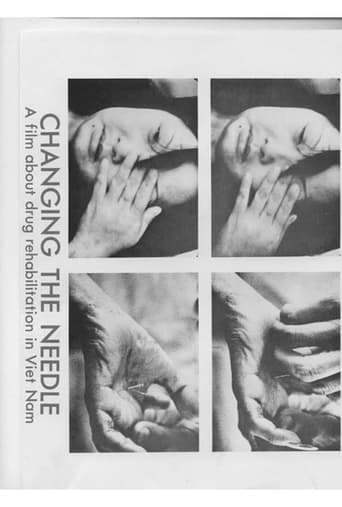Speaking in Arabic and English, Soliman Al-Halawani, Dr. Mahmoud Hourani, Fouad Charida, Dib El Chami and Rafica El Chami Batach tell of their life in Palestine before 1948 and give eye-witness accounts of the tumultuous days of 'Al Nakba' (the catastrophe), May 15th, and its aftermath. As children and young adults, they and their families were among 750,000 Palestinians fleeing for their lives, as Zionist terror gangs began seizing villages to enlarge the recently created State of Israel. The stories told by these speakers are poignant, unexpected and sometimes surprising, expressing not only the tragedies but also the small miracles which occur in a human catastrophe of such dimensions. Prevented from returning to their homes, the speakers lived as refugees, eventually making their way to Australia. Their continued longing to see their homeland eloquently expresses the feelings of the dispossessed everywhere, and gives this film a universal dimension.
